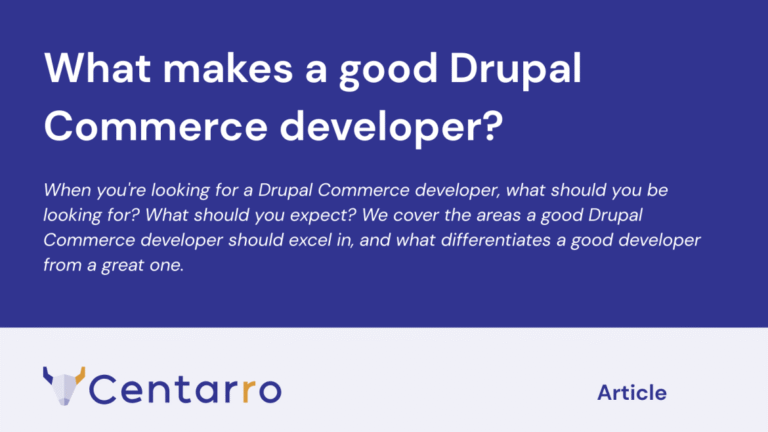
“Don’t forget it also went up from 199.99 in 2024, so that’s a 62.5% increase in subscription fees over two years will offering an actively decaying product. still only streaming in 720p. I look forward to Rogers pushing an anti-pirating media campaign where they play the victim later this year.”
If platforms continue to raise prices without delivering better quality, this trend will only accelerate. People want to feel respected, not exploited. And if that respect doesn’t come from the services themselves, they’ll find it through other means.
It’s not just about having too many subscriptions. It’s the rising prices, the mediocre video quality, the restrictions based on where you live, and the glitchy apps that crash more often than they deliver.
Sportsnet as a Case Study in Frustration
From one Reddit user:
There’s a growing sense that streaming platforms are testing how far they can push their customers. With multiple price increases, forced bundling, and inconsistent quality, loyalty is wearing thin.
By Gary Bernstein
In some countries, location-based restrictions are compounded by government mandates around identity verification or data collection. In the UK, for example, recent age verification laws have prompted concerns about privacy and access. Some are turning to VPNs to sidestep these systems altogether.
This isn’t about hacking or piracy for most users. It’s about value. Fans are happy to pay for access to live sports, documentaries, or replays. But when services inflate prices and underdeliver, people begin to look elsewhere. And now, more than ever, elsewhere is just a server hop away.
VPNs: The Consumer’s Workaround
Streaming services have long promised convenience, choice, and freedom. But those promises are cracking under the weight of poor execution and bloated pricing. Consumers are responding not with brand loyalty, but with tools that let them chart their own path. VPNs are no longer niche. They are now part of the mainstream response to a system that feels increasingly out of touch.
That said, the reality is that enforcement is rare. Platforms try to detect VPN usage and block it, but users typically adapt by switching servers or providers. It becomes a loop, and one that streaming services have yet to fully address.
The move toward VPNs also reflects a larger conversation about digital rights and control. More and more, people are asking why their physical location should determine what they can see online, or how much they have to pay for it.
This Isn’t Just About Sports
For many consumers, this gray area is worth navigating. When the alternative is paying more for a worse product, the ethical math starts to shift.
When fans are willing to pay, and still choose to leave, something has gone wrong. The rise of VPNs isn’t just about accessing different content. It’s about reclaiming control in a system that too often puts profit ahead of user experience. And unless that changes, more users will continue to follow the same route, quietly switching on their VPN and tuning out the noise.
Whereas just a few years ago, people might have canceled a service and moved on, now they’re more likely to find ways around the system. VPNs have become part of that toolkit. They represent a small act of defiance and a larger desire to regain control over one’s digital experience.
Legality and the Gray Areas
Take Sportsnet in Canada. In a recent price hike, the company raised its annual streaming subscription to 4.99 CAD, a nearly 30 percent increase from the previous year. It’s the latest in a series of raises over the past two years that has infuriated users, not just for the cost but for what they’re getting in return.
When streaming services put up barriers, users look for ways around them. VPNs, or virtual private networks, are becoming the popular tool of choice.
The app experience, according to many subscribers, leaves much to be desired. The on-demand replay function is unreliable, often starting halfway and in many cases, toward the end of the game. The stream quality caps at 720p, which simply doesn’t meet modern expectations. For fans paying a premium, it feels like a poor return on investment.
The Broader Consumer Shift
Streaming was supposed to simplify things. One platform, one subscription, instant access to live sports and replays. That’s how it was sold to us. But for many fans across the globe, that promise has unraveled.
But this isn’t unique to Canada. Sportsnet is just one example of a global issue. Across countries and platforms, sports fans are finding themselves caught between rising costs and stagnant or declining service quality. And increasingly, they’re doing something about it.
By using a VPN, viewers can mask their location and access streams from other countries. This might mean watching a lower-cost version of a sports platform based elsewhere, or accessing streams not available in their own region. For many, it’s not about avoiding payment but about avoiding overpayment. Fans are still willing to subscribe, they just want to subscribe on their own terms.
Where This Is All Heading
It’s not that all VPN usage is tied to sports or streaming. Many users are adopting them as general tools for online privacy and open access. But the current frustration around paid services, particularly in sports, has acted as a catalyst.
In many cases, VPN users report smoother performance and higher-quality streams when traveling the high seas looking for more alternate sources. It’s a compelling contrast to what they were getting through their local providers.
Final Thought
Using a VPN is legal in most of the world, including Canada, the United States, and much of Europe. What gets murky is how they’re used. Accessing a service in another country may violate the terms of service of that platform. It’s not a crime, but it could get your account suspended.
This is where VPNs come in. Once a tool for security-conscious users and digital nomads, VPNs (Virtual Private Networks) are now becoming the go-to escape plan for everyday sports fans who feel they’re being overcharged and underserved.






